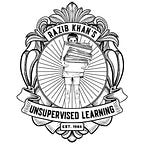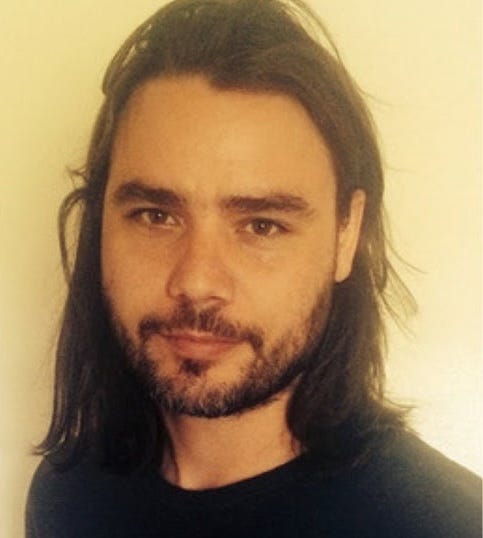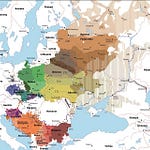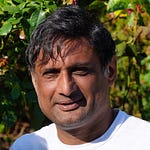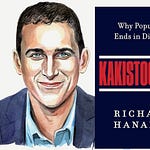If you have a sibling with autism, your future child’s risk for an autism diagnosis is increased by a factor of 2 to 3.5×. Orchid’s whole genome embryo reports can help mitigate your child’s risk by screening for over 200 genetic variants definitively linked to autism and other neurodevelopmental disorders. Discuss your situation with a genetics expert.
On this episode of Unsupervised Learning Razib talks to professor Sean Anthony about his book Muhammad and the Empires of Faith: The Making of the Prophet of Islam. Anthony is a historian in the Department of Near Eastern Languages and Cultures at The Ohio State University. He earned his Ph.D. with honors in 2009 at the University of Chicago in Near Eastern Languages and Civilizations, and has a mastery of Arabic, Persian, Syriac, French, and German. Anthony’s interests are broadly religion and society in late antiquity and medieval Islam, early canonical literatures of Islam (Koran and Hadith) and statecraft and political thought from the foundational period of Islam down to the Abbasid Caliphate over a century later.
Razib and Anthony discuss the state of the controversial scholarship about the origins of Islam, which often comes to conclusions that challenge the orthodox Muslim narrative. This earlier generation of scholars, like Patricia Crone, challenged the historicity of Muhammad, the centrality of Mecca in early Islam and even the distinctive religious identity of the early 7th century’s Near East's Arab conquerors. This revisionist school serves as the basis for Tom Holland’s 2012 book, In the Shadow of the Sword: The Birth of Islam and the Rise of the Global Arab Empire. While Holland’s work was an accurate summary of research before the 2010’s, Anthony argues that since then new findings have updated and revised the revisionism itself. A Koran dating from the mid-7th century seems to confirm the antiquity of this text and traditions around it, while contemporaneous non-Muslim sources refer to Muhammad as an Arabian prophet. While it is true that coinage did not bear the prophet’s name until the end of the 7th century, it may be that earlier generations of scholars were misled by the lack of access to contemporary oral sources themselves necessarily evanescent. Razib and Anthony also discuss whether the first Muslims actually self-identified as Muslims in a way we would understand, as opposed to being a heterodox monotheistic sect that emerged out of Christianity and Judaism. Though classical Islam qua Islam crystallized under the Abbasids after 750 AD, it now seems quite clear that the earlier Umayyads had a distinct identity from the Christians and Jews whom they ruled.

